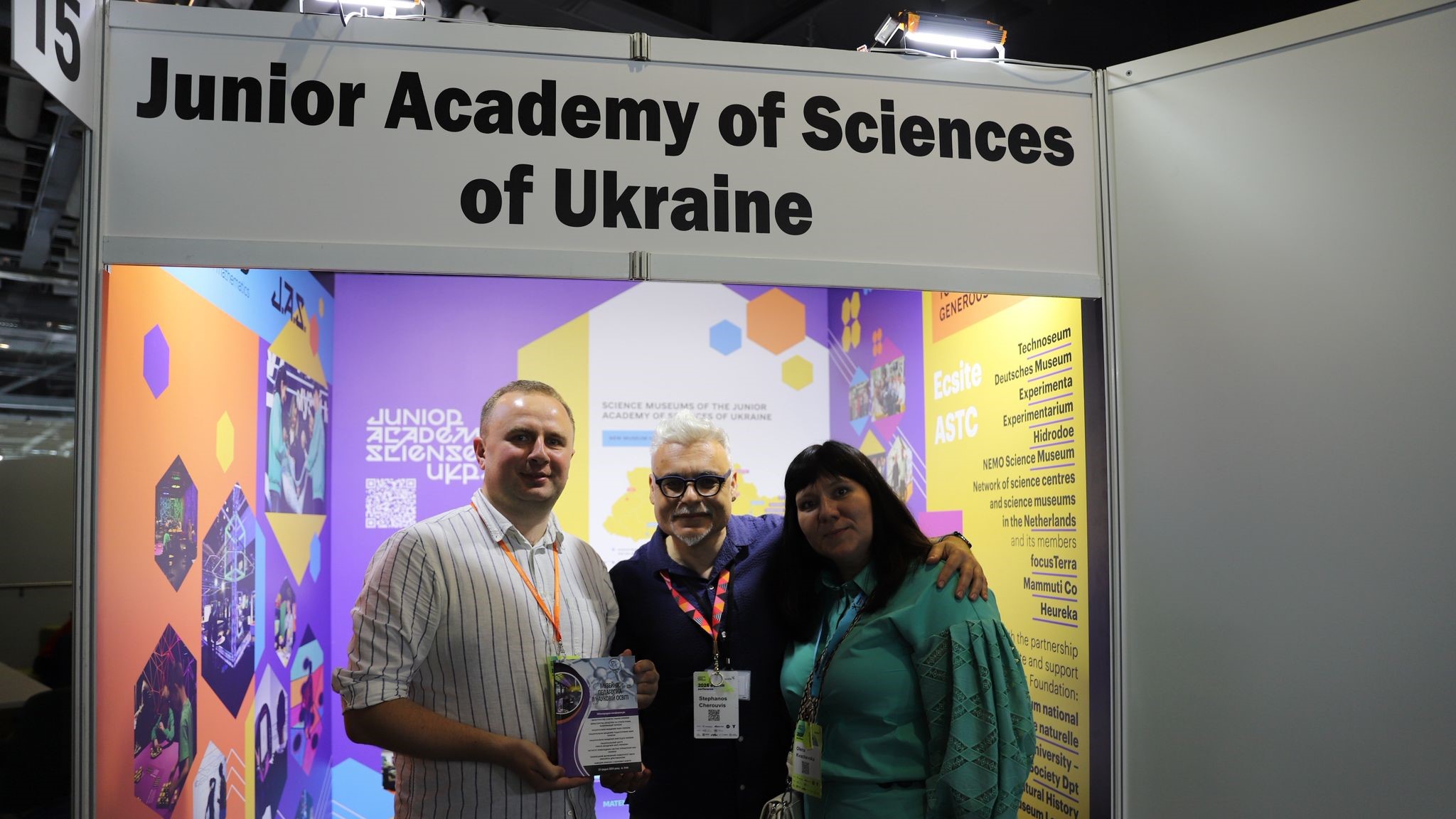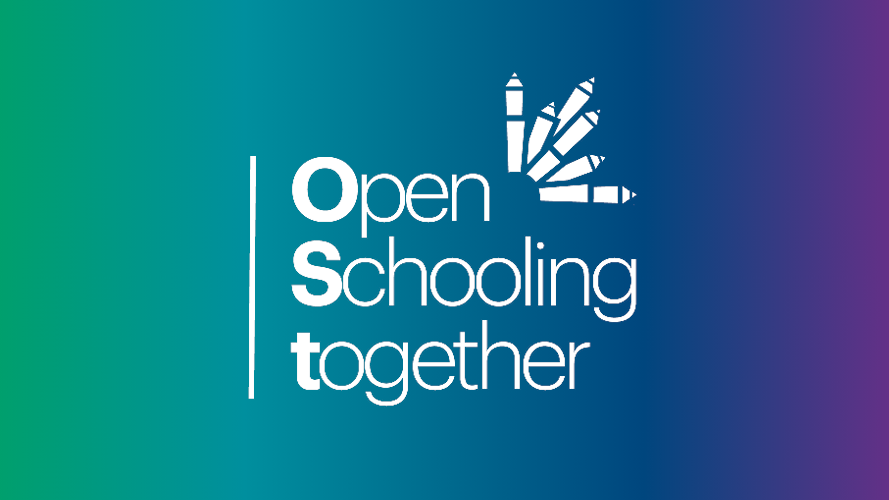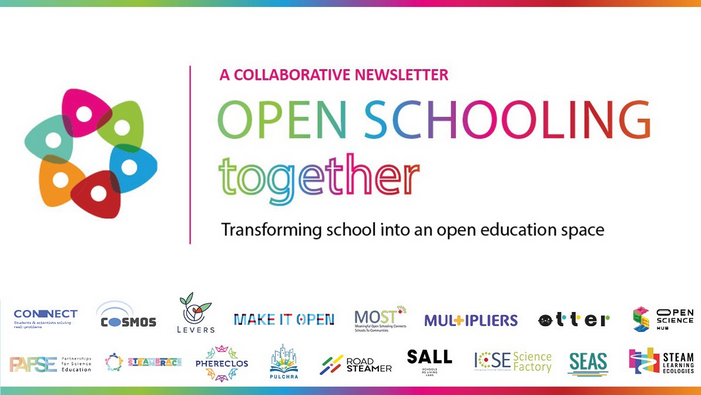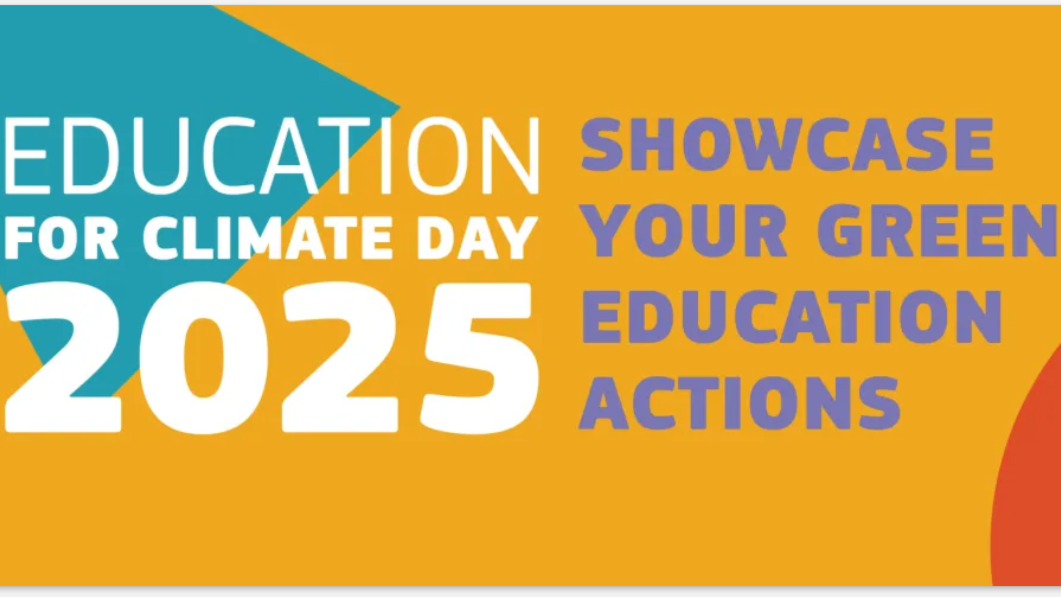On 27 June 2025, the Junior Academy of Sciences of Ukraine released the proceedings from the Fifth Annual International Scientific and Practical Conference “Museum Pedagogy in Science Education”, held in December 2024. Gathering nearly 80 participants from 20 Ukrainian regions and six countries (Portugal, USA, Kenya, Denmark, Belgium, Poland), the event resulted in a collection of 72 contributions which map both current practice and future directions for museum pedagogy in Ukraine.
Key Themes
- The role of museums in addressing educational losses, especially those caused or magnified by conflict and displacement.
- Adapting museum education under wartime conditions, where resilience and flexibility are essential.
- Intersections of science, art, history and education as tools for preserving cultural heritage and promoting civic engagement.
Road-STEAMer and Local Innovation
A standout feature of the proceedings is the inclusion of materials that illustrate how museums can become dynamic STEAM (Science, Technology, Engineering, Arts, Mathematics) hubs. The Road-STEAMer project is given special recognition. It appears as a model of transforming traditional museum spaces by integrating creative and technological approaches to art and science education, local practices, and community engagement.
Stephanos Cherouvis from Ecsite presented tools and frameworks that help museums evolve into incubators of innovation—not only in science and art, but in social development as well. His work emphasises how museums can serve as platforms for:
- Experimentation and interdisciplinary collaboration
- Social inclusion and dialogue through art-science intersections
- Responsiveness to community needs, especially under stress or change
His presentation underlines that innovation in museum pedagogy is not just about adopting new technologies, but about rethinking relationships: between museum and public; between disciplines; between local and global knowledge.
International Perspectives and Accessibility
The conference also featured international case studies:
- Robert Firmhofer (Copernicus Science Centre, Poland) on science centres’ responses to educational loss.
- Kenneth Monjero on competence-based approaches in Kenya.
- Marianne Achiam (Denmark) on the evolution of European science centres.
All international speakers’ texts are published in both Ukrainian and English, enhancing accessibility and potential for cross-national learning.
Availability
An electronic version of the proceedings is now available via the Junior Academy of Sciences of Ukraine. The first print copies were presented during the Ecsite 2025 conference in Warsaw.



